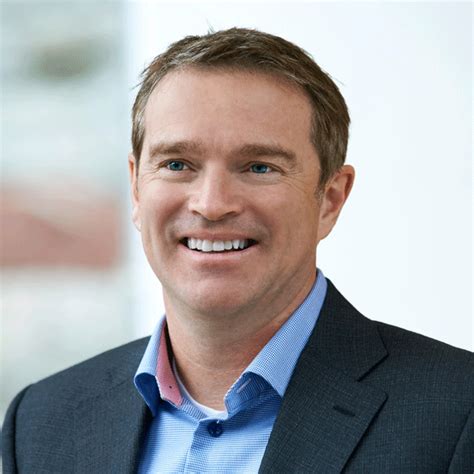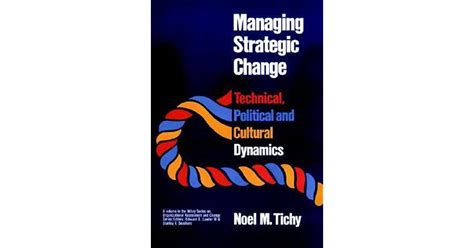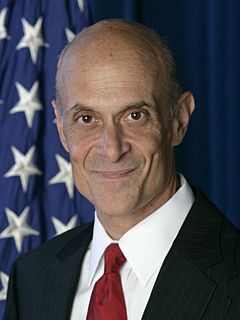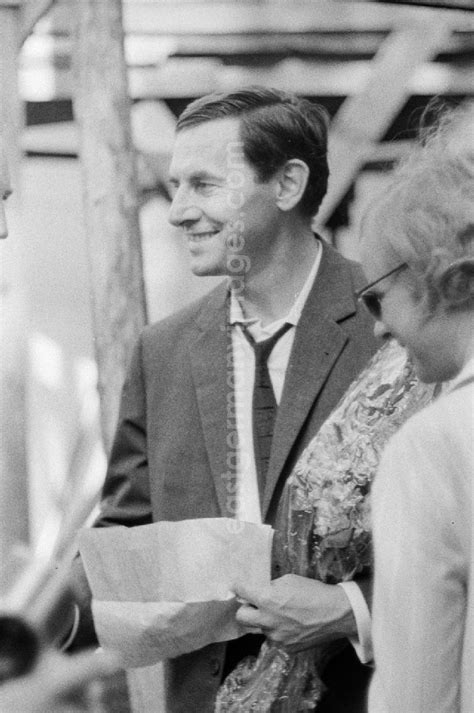A Quote by John C. Maxwell
The single biggest way to impact an organization is to focus on leadership development. There is almost no limit to the potential of an organization that recruits good people, raises them up as leaders and continually develops them.
Related Quotes
Great leaders in our study treated their people like partners in the organization. That meant they created for their people a sense of connection by teaching them how their jobs impact the larger organization. And they showed them growth opportunities, how they can grow and develop with the company.
But one thing that we have done in the last four years is we have really put pressure on the leadership of this organization [Al Qaeda]. We have killed a significant number of leaders. We've captured others. Those that remain have to look over their shoulders, they have to be on the run. So that even if we don't manage to kill or capture them all within four years, what we do do is put the kind of pressure on them that makes them focus on their own skins, as opposed to carrying out attacks.
Leadership is a choice. It's not a rank, it's a choice. I know many people who are at the top of their organization who have authority. We have to do what they say because they have authority over us. But they're not leaders. We wouldn't follow them. They may be at the top of the company but they're not leaders.
Organization is not only directly linked to unity, but a natural development of that unity. Accordingly, the leaders' pursuit of that unity is also an attempt to organize the people, requiring witness to the fact that the struggle for liberation is a common task." "Leaders who do not act dialogically, but insist on imposing their decisions, do not organize the people--they manipulate them. They do not liberate, nor are they liberated: they oppress.
Truly human leadership protects an organization from the internal rivalries that can shatter a culture. When we have to protect ourselves from each other, the whole organization suffers. But when trust and cooperation thrive internally, we pull together and the organization grows stronger as a result.
The single biggest barrier to effective leadership is, in my view, the leadership industry itself. Instead of telling people the skills and behaviors they need to be effective in getting things done, we tell them almost the opposite - blandishments about how we wish people would be, and how we wish workplaces were. That information is worse than useless as, to the extent people believe it, they often wind up losing their jobs.
Typically efforts to address values and ethics in business education and leadership development tend to focus on building Awareness and teaching Analysis. That is, we expose future leaders to the kinds of ethical and values conflicts they may encounter, so that they will recognize them and will have considered them in advance.





































